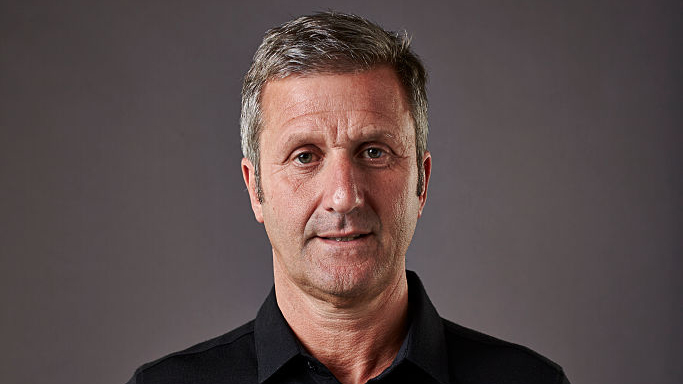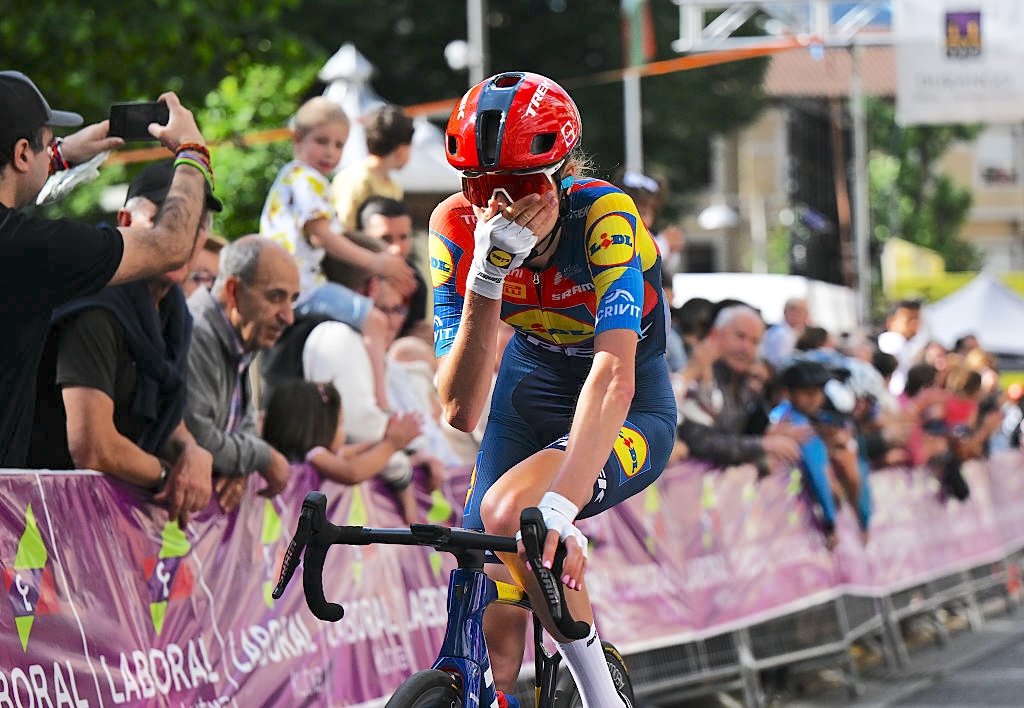GMC alleges Freeman worked with ex-dopers when ordering banned Testogel
Tribunal hears summary' defence calls 'a completely different case'

In Friday's fitness to practice hearing for former Team Sky and British Cycling doctor Richard Freeman, the General Medical Council's Simon Jackson summed up their case by making previously unheard allegations that Freeman worked with "sleepers" within the organisations who had used banned substances in the past to order 30 sachets of Testogel, which is prohibited in- and out-of-competition by the WADA Code.
Freeman's defence attorney Mary O'Rourke, who will give her summary on Tuesday called the allegations "a complete change in the GMC's case", according to a report in The Guardian.
"There are things that Mr Jackson has said this morning, and at 2:30pm this afternoon, that we have never heard before. He's put a completely different case."
Freeman has admitted to 18 of the 22 charges brought by the GMC and has admitted to lying but is disputing the four charges related to his intent for the Testogel, which he ordered in on May 16, 2011.
Jackson connected the dots between Freeman's "web of deceit" surrounding the Testogel purchase and the disputed excuse that it was purchased to treat former head coach Shane Sutton, calling Sutton "the fall guy" and saying "the only logical and proper conclusion" from the first fact-gathering phase of the tribunal "was that the intended use was a doping use".
In his conclusions, Jackson alleged the presence of former dopers in the organisations pointed to doping as the intended use. "I underline that Team Sky and British Cycling were not aware of this but there were sleepers, there were dopers in the past who were within these organisations when Dr Freeman was acquiring the Testogel," Jackson said.
"They had doped before. And so these aren't bold allegations in the sense they are unsubstantiated. The GMC has been able to pull all these strands together. The only reasonable conclusions are they weren't clinically indicated but they were used to dope a rider."
The latest race content, interviews, features, reviews and expert buying guides, direct to your inbox!
The Testogel purchase took place in the second year of Team Sky's existence and amid the team's 'zero-tolerance' anti-doping policy of not hiring riders or staff with a history of doping.
The next year, Lance Armstrong was banned for doping and the whole of professional cycling was forced to take a hard look at its past. Michael Barry confessed to doping while teammates with Armstrong and was given a six-month ban after cooperating with the inquiry and retired at the end of the 2012 season.
Dutch doctor Geert Leinders, who worked with Team Sky, came under scrutiny at the same time for his former role with the Rabobank team and did not earn a renewal with the team, who promised a 'full investigation' into the links.
"Dr Freeman looked at what the riders wanted and he didn't focus on what the World Anti-Doping Agency Code prevented," Jackson said. "He was prepared to sign up with an incoming doctor with his unknown magic and he, on this occasion and other occasions, crossed the rubicon by ignoring medical convention to do what he thought would provide an answer."
Jackson cited medical references that dispute Freeman's claim that testosterone supplements would treat erectile dysfunction and cast doubt on Freeman's claims of bullying and threatening messages sent to him by Sutton, saying there was no evidence to support the claims because Freeman had wiped the data from his phone and laptops.
"We have only Dr Freeman's word that he destroyed the testosterone at home," added Jackson.
The fact portion of the Freeman hearing resumes on Tuesday, with additional phases in March and May as the case. After starting nearly two years ago, it has been repeatedly delayed because of Freeman's mental health condition.
The tribunal is bumping up against the 10-year statute of limitations for any additional anti-doping offences that might arise from the tribunal's findings.
Cyclingnews is the world's leader in English-language coverage of professional cycling. Started in 1995 by University of Newcastle professor Bill Mitchell, the site was one of the first to provide breaking news and results over the internet in English. The site was purchased by Knapp Communications in 1999, and owner Gerard Knapp built it into the definitive voice of pro cycling. Since then, major publishing house Future PLC has owned the site and expanded it to include top features, news, results, photos and tech reporting. The site continues to be the most comprehensive and authoritative English voice in professional cycling.
